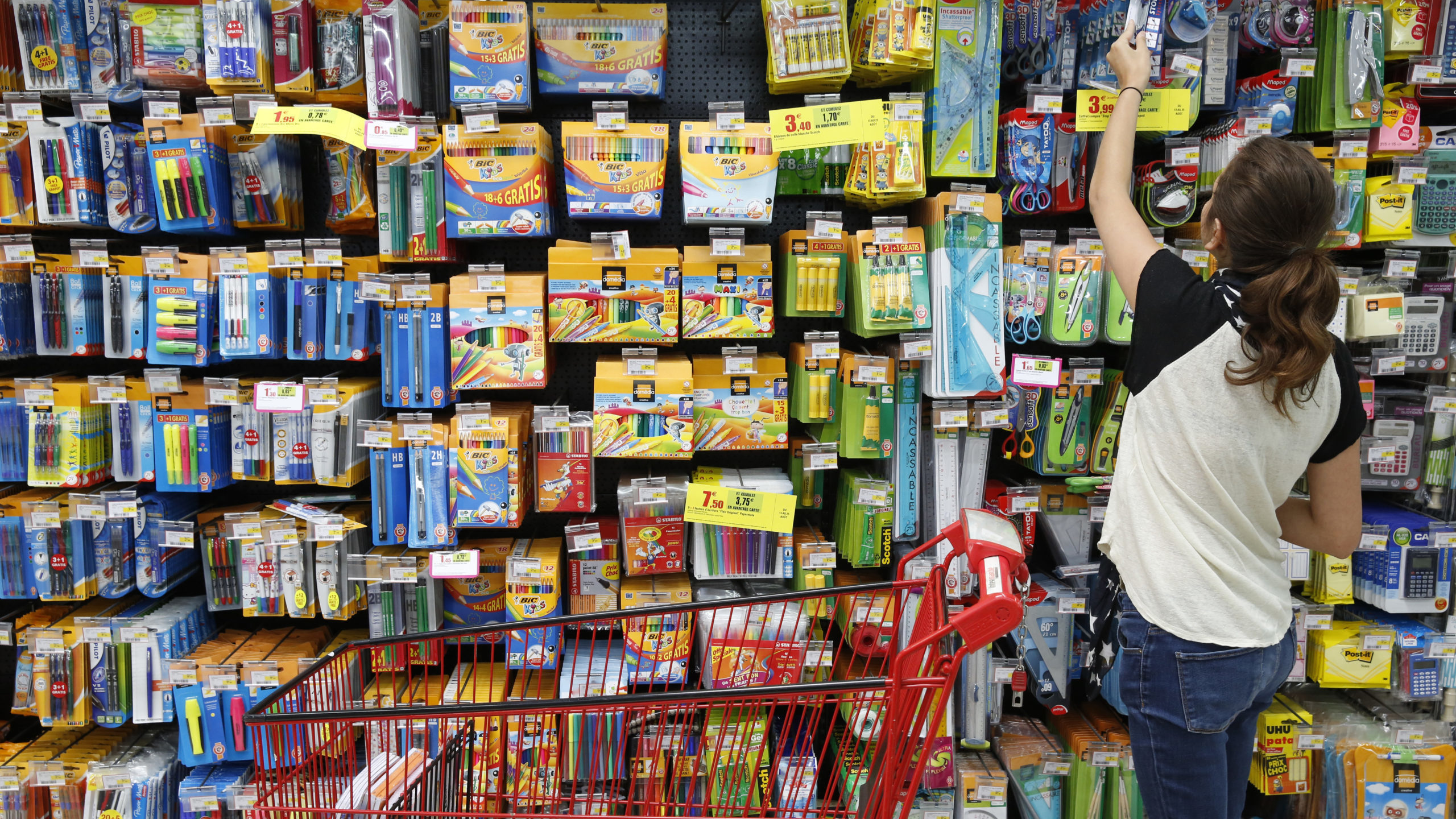At this point in September, you’ve successfully rounded up all the supplies required by your children to fuel a productive school year. Perhaps you’ve already replaced a few items that have been lost in the chaos and excitement.
But without oil and gas and petrochemical products, the school year would look quite different.
Imagine the following items being removed from your child’s day-to-day:

Elements of these items, and more, are made with products derived from oil and natural gas.
- The plastics found encasing mechanical pencils, pens, markers, scissors, calculators, binders and gym class equipment are made from hydrocarbon polymers obtained from refining petroleum.
- The synthetic fabrics that make up your child’s backpack material, pencil cases, and clothing are also made from petroleum-based polymers that have been shredded and spun into yarns.
- Supplies aside, whether walking, riding a bicycle, taking the bus, or driving to school with a parent, your child’s commute also involves oil and gas and petrochemical products in one form or another.
Canada’s plastic resin production industry is concentrated in Ontario and Alberta and is dependent upon crude oil and natural gas as its source of chemical raw materials.
The Chemistry Industry Association of Canada members are committed to making 100 per cent of plastic packaging recyclable or recoverable by 2030.
Through innovation and technology, the petrochemical industry is transitioning towards a “circular economy” in which materials are reused and recycled in a closed and sustainable loop.
So, when those pens run out of ink and the pants that fit in September are two inches shorter in June, look for office supply-specific recycling depots in community drug stores, as well as textile recycling bins to minimize the impacts of these annual essentials.
The unaltered reproduction of this content is free of charge with attribution to Canadian Energy Centre Ltd.
